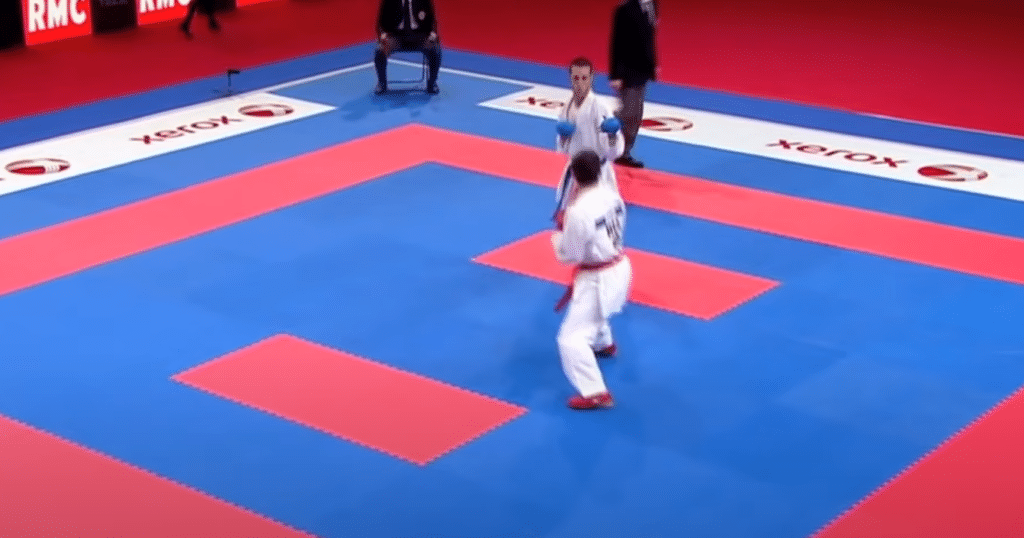Karate, a martial art revered for its discipline, strength, and technique, also requires a less discussed but equally vital component: perception skills. Perception skills for karate are fundamental in mastering this art form, as they enhance a practitioner’s ability to anticipate, react, and execute techniques effectively. This article explores the various aspects of perception skills for karate, their importance in practice and competition, and how they can be honed for martial arts excellence.
Understanding Perception Skills for Karate

Perception in karate is about much more than just seeing your opponent. It involves a complex combination of visual awareness, spatial understanding, and anticipatory skills. These perception skills for karate help practitioners gauge the distance, timing, and potential moves of their opponents, enabling them to respond with the appropriate technique. Developing keen perception skills is essential for both offense and defense in karate.
The Role of Visual Perception
One of the key perception skills for karate is visual perception. This skill is not just about seeing but interpreting and reacting to visual cues swiftly and accurately. A karateka (karate practitioner) with excellent visual perception can anticipate an opponent’s moves, understand their body language, and spot openings for counterattacks. This skill is crucial in kumite (sparring), where quick and precise reactions can make the difference between a successful strike or a defensive block.
Spatial Awareness and Distance Judgement
Another important aspect of perception skills for karate is spatial awareness. This involves understanding one’s position relative to the opponent and the surrounding environment. Good spatial awareness allows a karateka to maintain the optimal distance from their opponent, known as maai. This is critical in both striking effectively and defending oneself from attacks.
Anticipatory Skills in Karate

Anticipation is a vital element of perception skills for karate. It involves predicting an opponent’s next move based on their current actions or patterns observed during a match. Developing anticipatory skills helps karatekas to stay one step ahead of their opponents, leading to more effective attacks and defenses.
The Importance of Perception in Kata
While often emphasized in kumite, perception skills are equally important in kata (forms). A karateka must be able to visualize imaginary opponents and scenarios, executing techniques with precision and power as if in a real fight. This mental visualization and perception skill enhance the effectiveness and beauty of kata performances.
Training Perception Skills for Karate

Developing perception skills for karate involves specific training methods and a whole lot of discipline. Drills that focus on reaction time, such as sparring with various opponents or practicing defensive blocks against unpredictable attacks, are effective. Additionally, exercises that enhance visual tracking, like following moving objects or focusing on peripheral vision, can improve one’s observational abilities in karate.
The Impact of Perception Skills in Competitions
In karate competitions, where opponents are often equally matched in terms of technical skill, the one with superior perception skills usually has the upper hand. These skills enable competitors to find weaknesses in their opponent’s defense, exploit them with precise timing, and adapt their strategy as the fight progresses.
Beyond competitions, perception skills for karate are crucial for self-defense. In real-world scenarios, being able to quickly assess a situation, understand potential threats, and react appropriately can be life-saving. These skills are integral to the self-defense aspect of karate.
Beyond the Perception
Perception skills for karate are as vital as physical techniques in the mastery of this martial art. They elevate a practitioner’s ability to anticipate, strategize, and execute techniques both in competitive settings and in self-defense scenarios. Through dedicated training and mindful practice, karatekas can develop these skills, enhancing their overall effectiveness and demonstrating the true artistry of karate.


